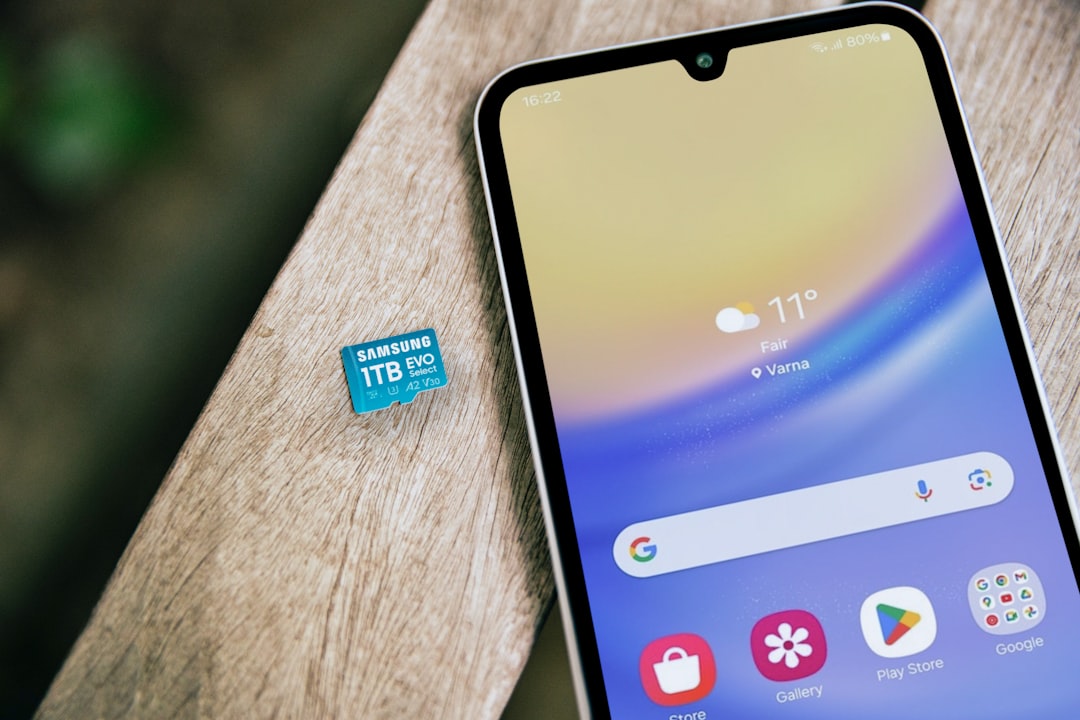Spam text messages are a growing problem in South Carolina, impacting residents through unwanted advertising, scams, and phishing attempts. Consumers are protected by the TCPA, enabling them to report spam to service providers and seek legal recourse from a Spam Text Attorney South Carolina. Charleston residents can combat spam by identifying suspicious texts, blocking senders, and engaging specialized attorneys for trace and stop measures, ensuring a safer digital environment.
In today’s digital landscape, Charleston residents often face an unwanted intruder: spam text messages. This guide navigates the issue, offering insights into understanding and combating these persistent nuisances. Armed with your legal rights and various reporting options, you can take control. We delve into effective strategies tailored for Charleston, empowering you to deal with spam texts efficiently. Discover how a Spam Text Attorney in South Carolina can assist in this modern-day challenge.
Understanding Spam Texts in South Carolina

In South Carolina, as across the nation, spam texts have become an increasingly prevalent and frustrating issue for many residents. These unwanted messages, often advertising products or services, can be a nuisance and, in some cases, a potential threat to personal privacy. A Spam Text Attorney in South Carolina can help navigate these complex issues and offer guidance on effective reporting methods.
Understanding the nature of spam texts is the first step in combating them. They are typically sent en masse via text messaging, often using automated systems, and may include promotional content, scams, or even phishing attempts. Recognizing these patterns and knowing when to report them can significantly contribute to a safer digital environment for South Carolina residents.
Legal Rights and Reporting Options

In South Carolina, consumers have legal rights when it comes to spam text messages. According to the Telephone Consumer Protection Act (TCPA), businesses and individuals are prohibited from sending unsolicited texts to phone numbers listed on the National Do Not Call Registry. If you’ve received unwanted spam texts, you have options. One course of action is to report these messages to your service provider, who can then take steps to block future communications from the sender.
Additionally, considering legal action with a Spam Text Attorney in South Carolina could be beneficial. A qualified attorney specializing in TCPA litigation can help you understand your rights and pursue compensation for any harm caused by spam texts. They can guide you through the process of filing a complaint with relevant authorities and represent you in court if necessary. Don’t hesitate to reach out for assistance; there’s no excuse for unsolicited, annoying, or illegal text messages.
Effective Strategies for Charlestons Residents

In Charleston, staying safe from spam text messages is a collective effort. Residents can significantly contribute to maintaining a spam-free environment by adopting simple yet effective strategies. Firstly, educate yourself on identifying suspicious texts; look out for unknown numbers, urgent requests, or unsolicited offers. If you receive a spam text, don’t reply or click on any links – this only confirms to the sender that your number is active. Instead, report these messages to your service provider and consider blocking the number.
Engaging the services of a Spam Text Attorney in South Carolina can also be beneficial. Legal experts specializing in telemarketing laws can help track down the sources of spam texts, protect your rights, and ensure compliance with regulations. Remember, collective action and awareness are key to keeping Charleston’s digital landscape clutter-free from unwanted spam text messages.






